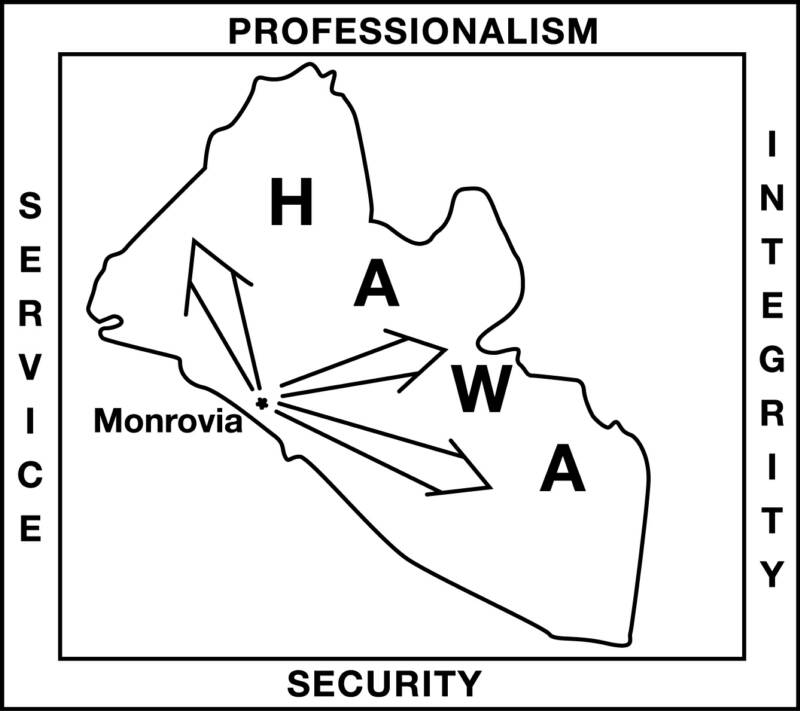OUR SERVICES - Life Coaching
Coaching -a definition: Prominent authors and coaching authorities Zeus and Skiffington ('The Complete Guide to Coaching at Work', 'The Coaching at Work Toolkit' and 'Behavioral Coaching -How to build sustainable personal and organizational strength' -McGraw-Hill) define coaching as “a structured process-driven relationship between a trained professional coach and an individual or team which includes: assessment, examining values and motivation, setting measurable goals, defining focused action plans and using validated behavioral change tools and techniques to assist them to develop competencies and remove blocks to achieve valuable and sustainable changes in their professional and personal life.” Training may include seminars, workshops and supervised practice.
All learning leads to nothing when people don’t change their thoughts and actions (read: behavior). 21st Century, professional coaching is an integrative approach founded on the behavioral sciences. Today, a coaching model must encapsulate personal development, beliefs, values, attitudes, emotions, motivation levels and adult and social learning, as well as personal and organizational dynamics and defenses.
Principles of behavior based coaching ('behavior' derived from the term 'behavioral' sciences and not the limiting theory of behaviorism or behavioral psychology) have developed over recent years from the fields of evidence based psychology and validated and proven organizational change principles ('Behavioral Coaching' by Zeus and Skiffington).
The ultimate goal of coaching is to help individuals develop internal and external structures that help them achieve success [1] and to increase their potential by expanding their sense of what is possible [2]. Coaches encourage individuals to develop the necessary skills, attitudes and knowledge that will help them develop action plans to meet goals [3]. In the coaching process coaches are seen as collaborators (Swartz, et al. 2005) that work with the individual by tackling obstacles such as time management, organization, problem solving and navigating through the learning curve by using support, encouragement, teaching skills and goal setting (Davidson & Gasiorowski. 2006). Coaching is about "discovery, awareness and choice" (Whitworth, et al. 1998).
Whitworth, et al. (1998) found that the primary reasons why clients want coaching is "change; they want to see results" (p.87). Clients want a "better quality of life - more fulfillment, better balance - or a different process for accomplishing their desires" (p.1).
Davidson & Gasiorowski (2006) distinguished coaching from therapy by stating " Coaching is not traditional therapy. Traditional therapy typically involves "providing" a treatment, remedy and/or cure for an underlying problem" (p.190). Coaching sees the client as creative, resourceful and whole, and has an orientation towards the future (Whitworth, et al. 1998).
Tuition & Fees:
Tuition is $0 per student, due on the first school day of the month.



